The average age of a Peugeot new car buyer is 56. However, the brand sees winning the hearts of younger consumers as a vital step in securing sales growth for the long term.
Last year, it introduced a new 2D logo design, started rolling out a revised showroom corporate identity and emphasised a focus on allure and attraction, with design-led cars that it positions as affordable, yet near-premium.
Managing director Julie David tells AM that Peugeot aims to be more of a first preference car brand for Gen Z consumers (born between 1997 and 2012) in particular.
The average age of a Peugeot new car buyer is 56. However, the brand sees winning the hearts of younger consumers as a vital step in securing sales growth for the long term.
Last year, it introduced a new 2D logo design, started rolling out a revised showroom corporate identity and emphasised a focus on allure and attraction, with design-led cars that it positions as affordable, yet near-premium.
Managing director Julie David tells AM that Peugeot aims to be more of a first preference car brand for Gen Z consumers (born between 1997 and 2012) in particular.
Crucial to that is the development of a slick, blended (digital and physical) buyer experience and the right finance packages to suit.
“If you look at cost of ownership, often at the moment a new car can be as easy to access as a used car. It’s about affordability of how they (Gen Z customers) enter it, whether that’s new or used,” she says.
“I think that, over time, there will be less delineation between them. Everybody talks about ‘pre-loved’ and ‘pre-owned’ and I think the way society is, there won’t be such an almost negative view of used cars – it will be ‘I want to access a car’ and it will be how I want to do that. Think about the way subscription services will start to become more common etc.”
FLEXIBLE OWNERSHIP
Personal contract purchase (PCP) remains most private buyers’ choice for getting into a new Peugeot.
The brand’s innovative Just Add Fuel solution, launched in 2010 and seen by some as a precursor to subscriptions, is still available, but taken up by few buyers.
Mu by Peugeot, another pilot programme launched in 2010 in which members could access mopeds, bicycles, vans, roof boxes, etc. alongside their new car, ceased in 2016, but played a part in Peugeot’s brand building.
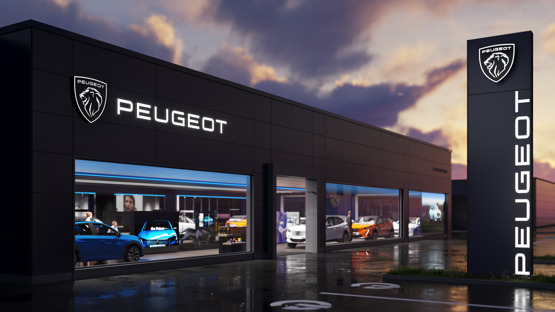 Sales director Steven Wass describes Mu as “probably ahead of its time” but such a programme could “come of age” within the wider Stellantis group in the years ahead.
Sales director Steven Wass describes Mu as “probably ahead of its time” but such a programme could “come of age” within the wider Stellantis group in the years ahead.
David says Peugeot UK’s retailers now see consumers’ online car-buying – or at least a consumer’s ability to take online the steps to purchase that they wish to – more positively since their experience of the pandemic.
In 2021, some 15% of Peugeot’s retail new car buyers transacted online, and the majority of those chose a handover at a dealership over a home delivery.
She adds that Peugeot still has a role of encouraging car buyers to visit a dealership because, as part of the ownership experience, the retailer should be there for support.
Peugeot UK was the first Stellantis business to offer online sales, and the biggest lesson from that four-year period is that consistency is vital. So that has been a focus for Peugeot’s work with its network.
David says there is no target for the proportion of buyers who transact online.
She thinks it may increase slightly, but that will be led by customer choice, not driven by chasing a target.
The desire is simply to make buying easier. David says: “I really hope that, in my lifetime,
I will see a change in the way people feel about buying a car. One of our biggest successes would be if we could make it get to a point where people actually look forward to the process of buying a car as much as getting a new car, irrelevant if it’s brand new.
“It’s so sad that we still have a situation where people fear going into a car showroom and the interaction with salespeople.”
David says she refers to franchisees as retailers because calling them ‘dealers’ almost reinforces the perception that it is a deal to be done and customers will never know exactly if they got the right deal.
Peugeot’s focus is on working with its retailers, ensuring their people give customers the right experience.
She concedes that the national sales company must play a role in easing consumer fears, and in managing a very complex business model. In early 2021 it had experiential design experts research the end-to-end process, including the ownership of a Peugeot, while also examining customers’ and retailers’ experiences.
That resulted in changes to retailer training, starting with the 308. No longer simply about the product, the training now goes into how to turn features and benefits into a story that means the customer truly understands a product’s attributes plus what it means to own a Peugeot.
MYSTERY SHOPPER
While on gardening leave in autumn 2020, before she was announced as Peugeot UK managing director, David did her own mystery shop, playing the role of an electric vehicle (EV) buyer.
She visited some Peugeot sites and rival brand dealerships to assess how the sites made her feel and, more importantly, the interactions with the people working there.
“The biggest thing I found was a lack of confidence in selling EVs, which I knew we had to address because Peugeot had such a brilliant opportunity with the product we had being ahead of the game.”
Proudly, she says, that has now been fixed.
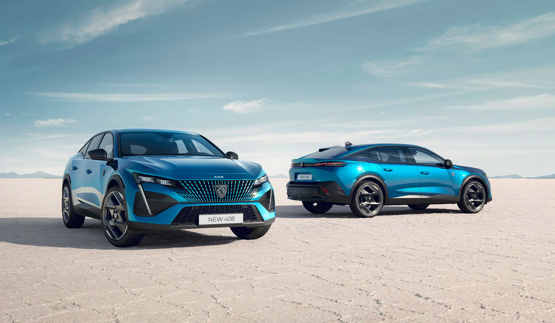 Specific EV training was created by Peugeot’s academy for sales executives, no matter how long they had been with the brand, and they’re encouraged to live with an electric car to gain that crucial experience.
Specific EV training was created by Peugeot’s academy for sales executives, no matter how long they had been with the brand, and they’re encouraged to live with an electric car to gain that crucial experience.
Now she sees much higher confidence among retailers’ employees to see EV as just another alternative for customers.
Asked about Peugeot’s brand positioning within the large stable of Stellantis brands, and its differentiation from fellow mainstream volume brand Vauxhall, she says this will play out through product development over the next three-to-five years as Stellantis makes its decisions.
Now it is too early to say except that the brands absolutely will not cannibalise each other. Multi-franchising will provide a route to market, but determining which brands may share a location will be important.
With such developments set to come in the long-term, David won’t directly see the fruits of her labour.
In a recently announced management shuffle at Stellantis UK, shehas been assigned to be managing director of a new premium division comprising Alfa Romeo and DS Automobiles.
Replacing her at Peugeot UK on January 1 is Adam Wood, currently Vauxhall’s marketing director.
This feature was written before the recent announcements of a Stellantis plan to adopt a contiguous market area-style network plan to streamline its franchised dealer relationships and the OEM’s delay of its agency model roll-out.
Login to continue reading
Or register with AM-online to keep up to date with the latest UK automotive retail industry news and insight.

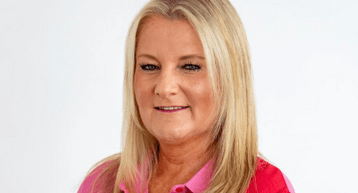




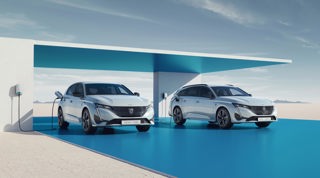
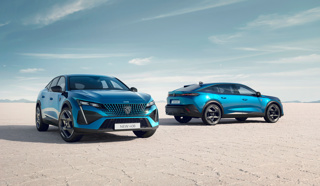

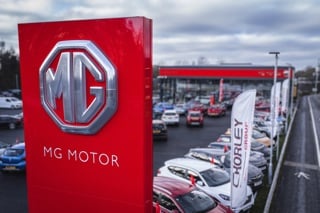
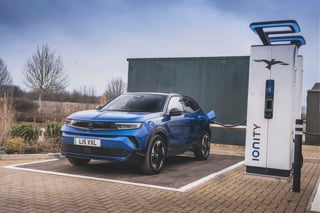













Login to comment
Comments
No comments have been made yet.